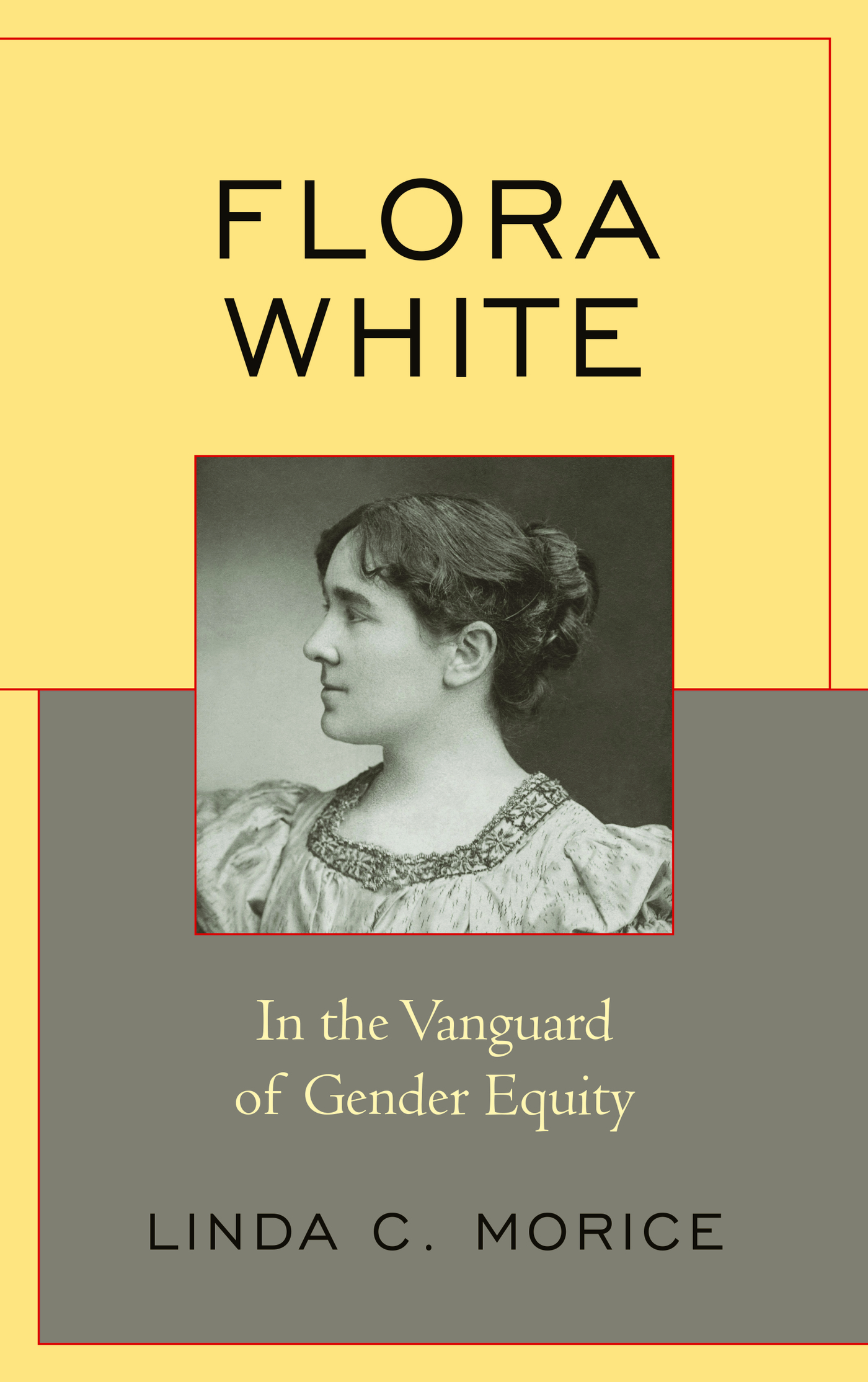Flora White
Flora White
In the Vanguard of Gender Equity
Linda C. Morice
LEXINGTON BOOKS
Lanham Boulder New York London
Published by Lexington Books
An imprint of The Rowman & Littlefield Publishing Group, Inc.
4501 Forbes Boulevard, Suite 200, Lanham, Maryland 20706
www.rowman.com
Unit A, Whitacre Mews, 26-34 Stannary Street, London SE11 4AB
Copyright 2017 by Lexington Books
All rights reserved. No part of this book may be reproduced in any form or by any electronic or mechanical means, including information storage and retrieval systems, without written permission from the publisher, except by a reviewer who may quote passages in a review.
British Library Cataloguing in Publication Information Available
Library of Congress Cataloging-in-Publication Data
Library of Congress Cataloging-in-Publication Data Available
ISBN 978-1-4985-4238-8 (cloth : alk. paper)
ISBN 978-1-4985-4239-5 (electronic)
 TM The paper used in this publication meets the minimum requirements of American National Standard for Information Sciences Permanence of Paper for Printed Library Materials, ANSI/NISO Z39.48-1992.
TM The paper used in this publication meets the minimum requirements of American National Standard for Information Sciences Permanence of Paper for Printed Library Materials, ANSI/NISO Z39.48-1992.
Printed in the United States of America
To my husband Jim and daughter Sarah,
who provided perspective and support
for the telling of Flora Whites story
from our initial visit to Heath
through the publication of this book.
Introduction
In 1937, residents of Fargo, Oklahoma, sat in their high school gymnasium, watching a girls basketball game while enjoying a respite from the harsh realities of the Dust Bowl. One spectatora seventy-seven-year-old woman seated next to the aisleattracted attention by enthusiastically clapping and yelling Bravo! Bravo! as though she were in a concert hall in New York or Boston. When, at half time, the referee walked down the aisle to the dressing room, the woman took his arm and asked in a New England accent, How long are the girls supposed to hold the ball? He answered, Three seconds. She replied, Just as I thought, and they have been holding it much longer.
The spectator, Flora White of Massachusetts, was referring to one of several rules adopted for womens basketball to make it less strenuous than the mens game. The rules reflected prevailing attitudes about womens alleged frailty. Unlike mens basketball, the womens court was divided into three zones, and players were required to remain within their designated area throughout the game. They could not hold the ball for more than three seconds, bounce it more than three times, or grab it from another players hand. However, White was not concerned with rules enforcement per se. She would later observe, When one is 70, one may laugh at all the rules and do precisely as one pleases. What she did care about was increasing the speed of the game to better reflect the physical capabilities of the female players.
Later the referee asked Grace Moyer, a Fargo teacher seated with Flora White, about her companions identity. The short answer was that she was the sister of Graces grandfather Joseph (Uncle Joe) White, a pioneer citizen who had settled in the new state of Oklahoma after spending most of his adult life in the Midwest. A longer answer, while more complicated, would have explained Floras behavior. Although her name was never a household word, Flora White had a distinguished career promoting the physical and intellectual achievements of girls and women. She spent her childhood in poverty but, as an adult, gave lectures in Boston that alternated with those of Harvard professor William James. Early in her career White rebelled against the industrial model that characterized U.S. public education and in 1897 founded her own private school in Concord, Massachusetts. The schoolan early effort in child-centered, progressive educationcounted among its students the direct descendents of three U.S. presidents, as well as the daughters of a Cabinet secretary, eminent educators, attorneys, industrialists, and financiers. Whites alumnae included the dean of Wellesley College, noted artists, and women who were prominent in civic affairs. The school was a forerunner of Concord Academy, today considered one of the top secondary schools in the United States.
Flora Whites career was not confined to her school, however. Through her work in kinesiology, White challenged widely held assumptions about womens physical limitations. She taught physical culture classes in health and bodily movement and collaborated with Dr. Grace Wolcott, a pioneering physician in womens healthcare. White was also instrumental in establishing a summer colony of social progressives and intellectuals at her birthplace of Heath, Massachusetts. There, in the company of such luminaries as jurist Felix Frankfurter and theologian Reinhold Niebuhras well as lesser-known women and men, many with first-rate mindsWhite debated, spoke, and wrote for wider audiences on the important issues of the day.
In part because of her accomplishments in a society that marginalized women, Flora White defied easy categorization. She had the race privilege of being white, but her social class fluctuated throughout her life, depending on the immediate circumstances. She was poor during her childhood, as well as in her later years. Since White was unmarried, she had to earn a living. She lacked the financial resources for higher education and was able to attend two years of normal school only through the generosity of a minister who remembered the fatherless young woman in his will. On the other hand, she used her professional contacts and writing ability to travel the globe when few women could do so. White taught in the Cape Colony in southern Africa and studied in Sweden. She published in Harpers New Monthly Magazine and in a book edited by William Dean Howells and Henry Mills Alden. Knowing that she could experience privilege or oppression at any moment, White sought agency, or the capacity to act autonomously in an environment of possibility and constraint. She frequently quoted Tennysons poem, Two Voices, which describes the individuals essential choice between Life and Death. Like Tennyson, White wanted More life, and fuller, a goal that would direct her actions throughout her eighty-seven years.
While biographies have long focused on subjects whose political, social, intellectual, or literary contributions were sufficiently important to entitle them to a recorded life story, Whites experience fits a newer biographical form. Historian Barbara Caine writes of a recent biographical turn in the humanities and social sciences involving a preoccupation with individual lives... as a way of understanding contemporary societies and the whole process of social and historical change.
Flora Whites value as a biographical subject is further enhanced by primary and secondary sources that have only recently become the subject of scholarly research. The story of their retrieval is interesting in itself. White left instructions that, following her death, the extensive collection of her personal papers should go to her brother Joseph and his progeny. When she died the executor of her will, Alice Whiteman, found Whites correspondence from the Cape Colony in 18851887 to be especially interesting. Whiteman sent the letters to New York to Floras longtime friend and editor, John Haynes Holmes. A Unitarian minister and editor of Unity magazine, Holmes was a prominent leader of liberal causes and a founder of both the National Association for the Advancement of Colored People (NAACP) and American Civil Liberties Union (ACLU). His receipt of the letters evoked concern in Margaret Malone, a member of the Heath summer colony. On January 19, 1949, Malone typed a letter to Whiteman, requesting that she ask Holmes to return the correspondence so it could be sent to Floras relatives who loved her. Malone argued that the original letters were best placed with Whites only surviving siblingher ninety-two-year-old brother Joseph, who was mentally alert and in good health, and living with his daughter in Oklahoma. In making the request, Malone added that abridged versions of a dozen or so letters might also be kept in the back of the White family genealogy in the Heath Historical Society.
Next page
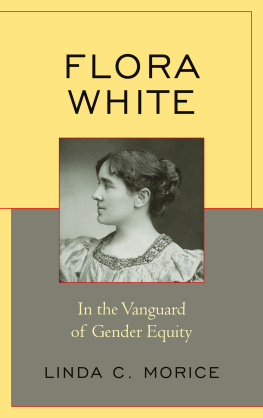

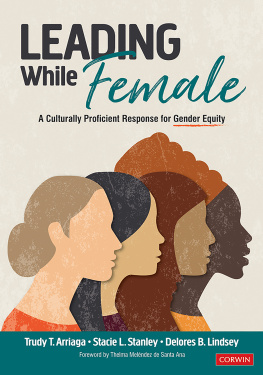
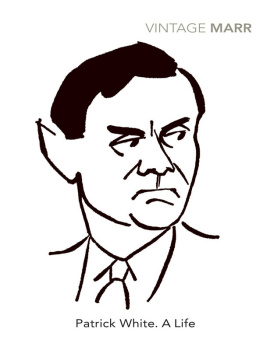
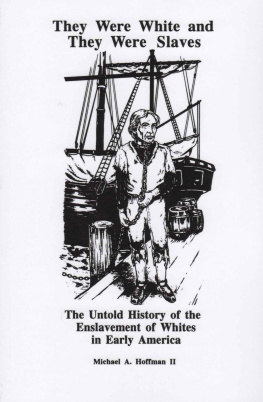

 TM The paper used in this publication meets the minimum requirements of American National Standard for Information Sciences Permanence of Paper for Printed Library Materials, ANSI/NISO Z39.48-1992.
TM The paper used in this publication meets the minimum requirements of American National Standard for Information Sciences Permanence of Paper for Printed Library Materials, ANSI/NISO Z39.48-1992.